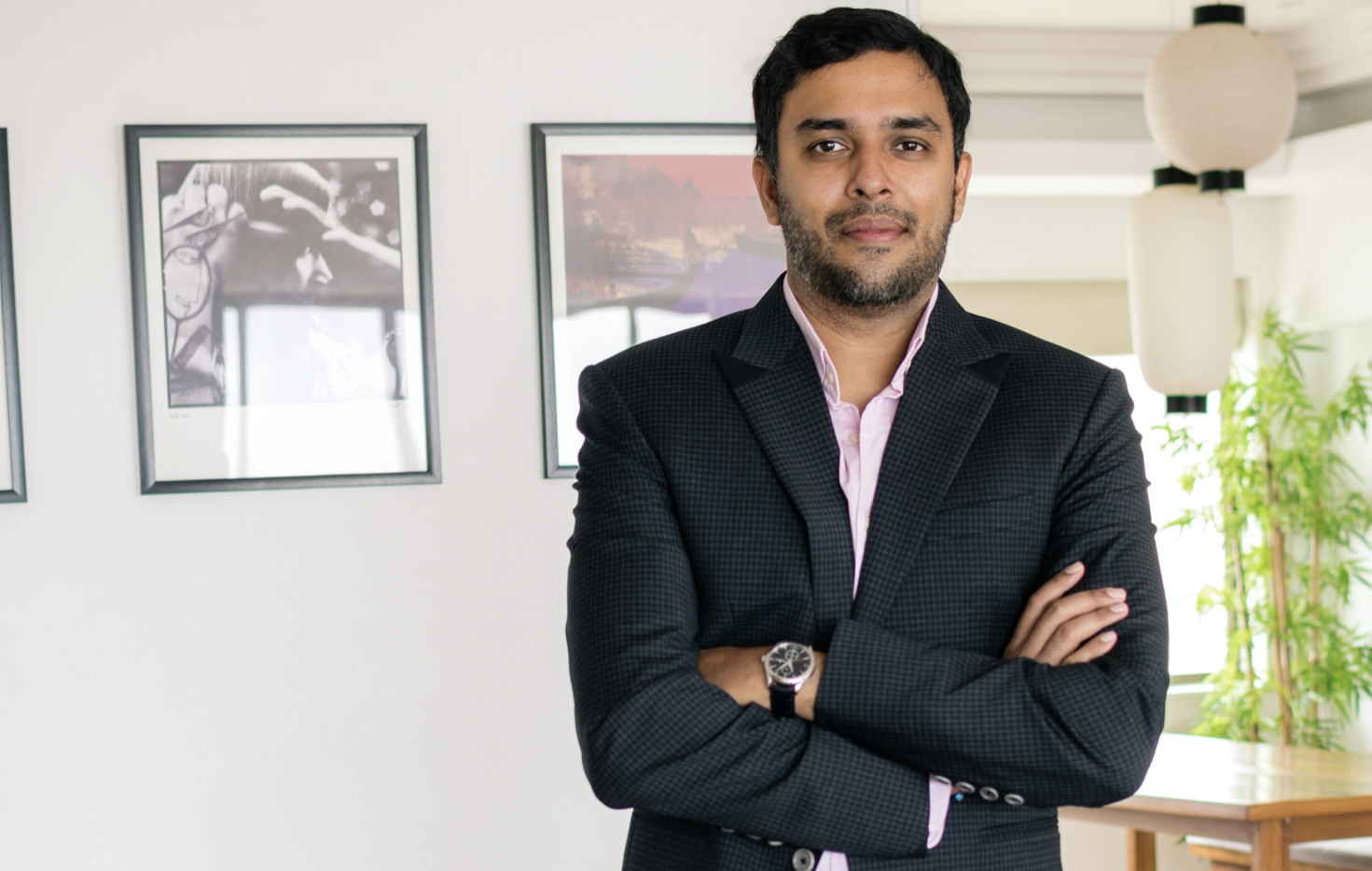

20% of the global industrial water pollution is tied to garment manufacturing. With 1800 gallons of water being consumed to produce just one pair of jeans, fast fashion proliferation has led to many challenges in the society. Besides the ecological impact, there is also an emotional disconnect between brands and customers. In this highly fragmented market, customers are looking for personalization over customization. Every week is a new season and brands must meet customer needs while promoting conscious consumption.
The Bombay Shirt Company , a one of a kind bespoke brand uses automation to reduce production time and improve consistency. With its zero inventory and negative working cycle it not only has a sustainable supply chain, but also provides a high quality product experience at an accessible price. Men’s wear is a substantial part of the fashion industry and they take the opportunity to build a global apparel brand for men’s lifestyle using Bombay’s rich heritage as a tailoring hub.
Set up in 2012 by Akshay Narvekar, Bombay Shirt Company is a customised apparel brand with a tech led omni-channel presence and currently operates 16 stores across India, Dubai and New York.
“The apparel industry is ripe for disruption. The trend of ‘fast fashion’ has caused reckless consumption which leads to a host of negative externalities. We at Bombay Shirt Company aim to propagate the notion of slow fashion – a much more careful and considered way to consume apparel,” Akshay Narvekar, founder of Bombay Shirt Company, said.
_________________________
Stores are more like hubs for order taking with a one on one connect with a stylist. A smaller footprint and low capital expenditure allows room for innovating in a robust production capability.
We’re extremely excited to partner with Bombay Shirt Company to build the premier sustainable men’s lifestyle brand. Given Bombay’s rich textile heritage there couldn’t be a better home for the brand.

“Custom-made is gathering great momentum into becoming the norm with people preferring more and more to express their individuality. Also, social media has played a huge role in shaping people’s preferences, which leads them to pay careful attention to how they’re dressing.”